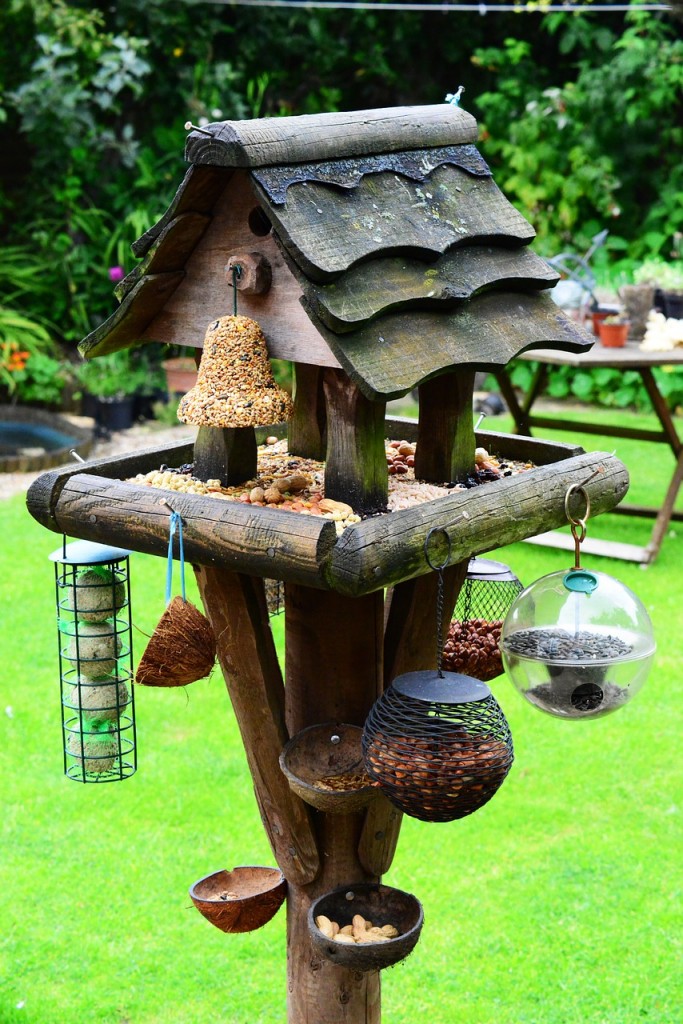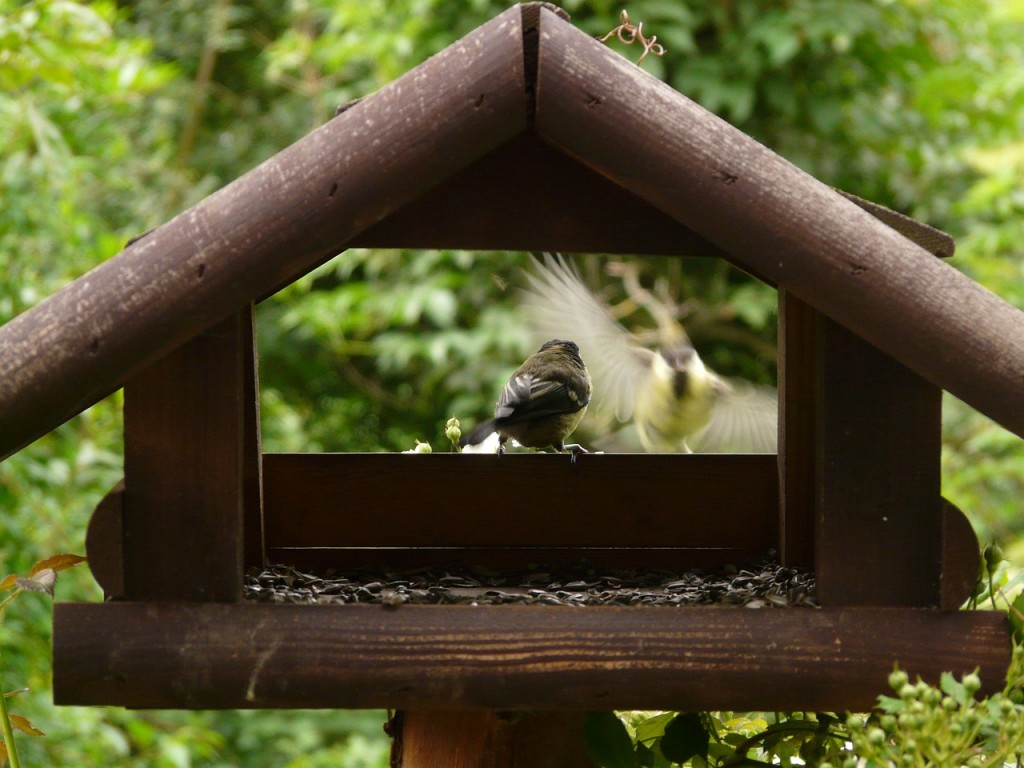£0.00 (0) Cart
In addition to many other things, February has been dubbed Bird-Feeding Month, which has inspired us at the Pet Express to put together this neat little wild bird care and feeding guide. It may be surprising to learn that feeding birds is not actually as simple as throwing bread to ducks or scattering sesame seeds on the floor. As the seasons pass by, your bird feeding efforts need to change to take into consideration the bird's dietary needs, which are heavily dictated by the environmental surroundings.
Before all that though, the first thing you should  probably know is what kind of food you can feed to birds, and you'll be glad to know that the answer is quite a lot. Depending on how seriously you plan on taking your bird feeding efforts, however, you will probably only want to give them the kind of foods that will benefit them, so only the following will do:
probably know is what kind of food you can feed to birds, and you'll be glad to know that the answer is quite a lot. Depending on how seriously you plan on taking your bird feeding efforts, however, you will probably only want to give them the kind of foods that will benefit them, so only the following will do:
Whilst birds are not particularly fussy eaters, you would be wise to keep the following foods far away from them:

As we've stated previously, depending on the time of year and current climate you ought to provide different types of food. During the Autumn and Winter, a lot of birds moult in preparation for the low temperatures and it is important that as a bird feeder you adapt the food you are giving them in order to provide the best chance of survival. This can simply mean increasing the quantity of food you provide, as it will take fewer birds than normal to get through the food you would usually put out for them. Berries are a welcome addition to their meals, and an increase in peanuts, suet and sunflower seeds will certainly not go amiss.
In Autumn and Summer their diet could do with becoming a little bit more balanced, and you may find that despite your garden is filled with feeding birds, you will actually not be providing that much food, proportionately speaking. Bear in mind however that Spring is the time of year that many birds will have their young, so you may decide that from around early April until June smaller, softer foods would be more ideal. Additionally, if you generally feed birds by leaving food on the ground make sure you moisten the earth, as eating off the hard ground may damage their beaks.
Providing elevated water-filled pedestals, where birds can safely drink out of reach of potential predators, is possibly one of the quickest ways to attract wild birds to your garden. Make sure that you wash out the water trays daily and clean them thoroughly once a week to prevent the spread of disease.